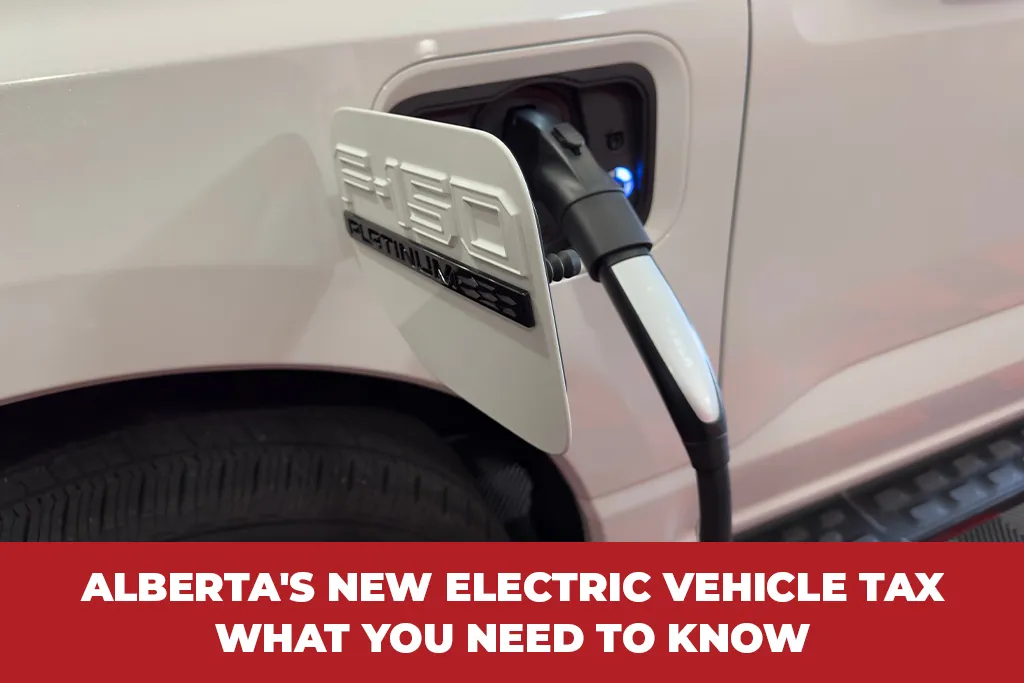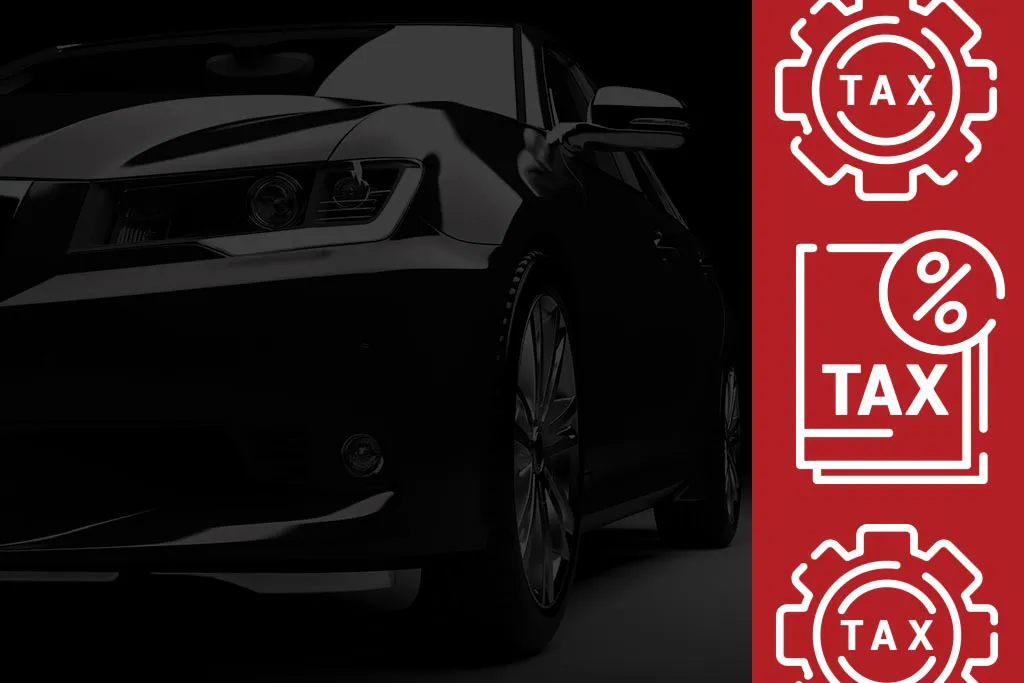

With the recent unveiling of the Liberal budget that could take effect at the start of 2022, came about a proposed “luxury tax” for higher-end vehicles. To push forward environmental sustaining initiatives, this would also provide a continued tax break for those vehicles dubbed “green”. So, what does that all mean? Let’s look at the implications if passed:
This tax would apply to vehicles that are priced over $100,000 before taxes. The cost will be 10 percent of the full value, or 20 percent for vehicles over the $100,000 mark, whichever is less. This includes if you buy in-country or elsewhere. If you purchase from somewhere else, the tax will take effect when it is imported into Canada. Leased vehicles will also be subject, with the full tax being required up-front. It is important to note, GST and HST still apply to the final sales price, inclusive of the new luxury tax.
Who does this affect?
While the new tax will be applied to most vehicles sold if passed, there is a list of exemptions, including:
There is also a proposed $17.6 billion in the new budget for “green” spending, with temporary measures to reduce corporate income tax if you are a zero-emission technology manufacturer in both the general corporate tax rate and small-business rate. No changes to the current federal “green” vehicle rebate, means consumers can still get $5000 back on qualifying electrical, hydrogen fuel cell, and longer-range plug-in vehicles, and $2500 for short-range plug-in hybrids.
While nothing is set in stone yet, it is clear some changes may be coming. At Jim Peplinski Leasing, we are dedicated to keeping you in the know when there are important industry updates that may affect YOU. That’s what a good leasing partner does.
https://driving.ca/auto-news/news/canadas-2021-budget-dings-luxury-cars-rewards-zero-emission-ones
"*" indicates required fields